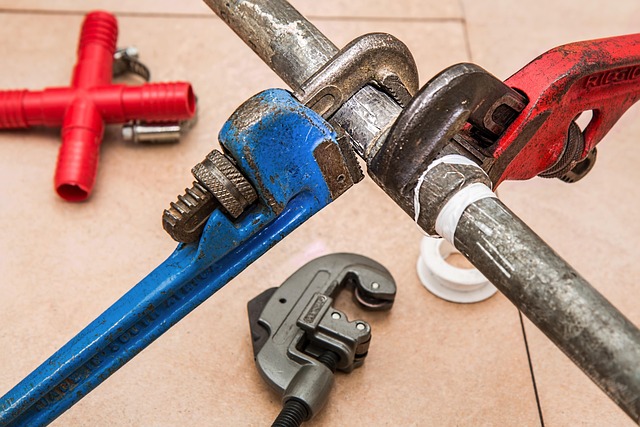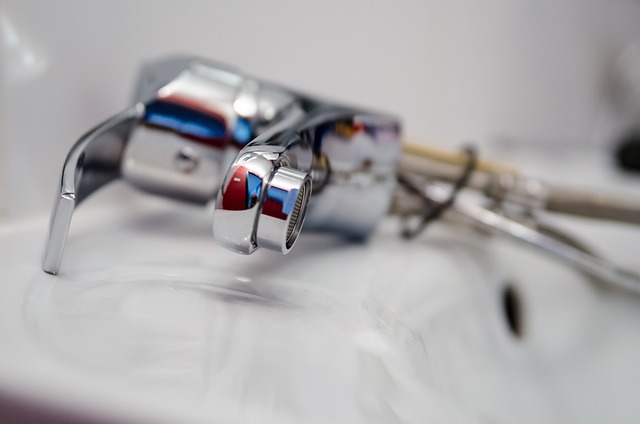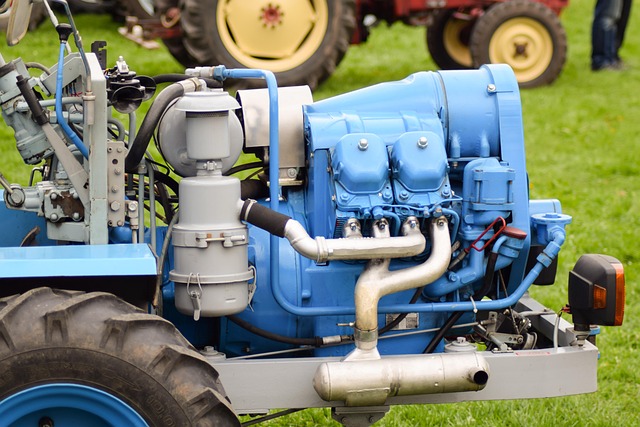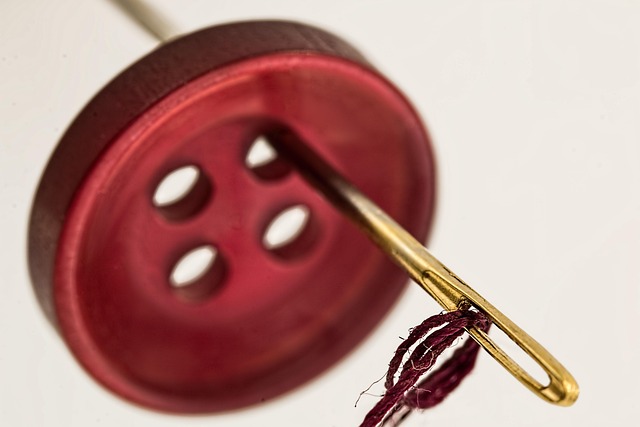Hot water cylinders last 10-15 years with care. Regular maintenance prevents issues like corrosion and leaks. Replace when older models show signs of malfunction. Promptly address unusual noises or inefficient heating. Professional repair for complex problems extends lifespan, saves costs. Regular checks, DIY repairs for simple issues, and professional help for severe cases maintain optimal performance.
Your hot water cylinder is a crucial component of your home’s plumbing system, but its lifespan varies based on usage and maintenance. Understanding when to replace it can prevent costly repairs and ensure efficient water heating. In this article, we’ll guide you through the factors influencing replacement frequency, signs indicating a need for repair, and tips for maintaining your hot water cylinder. Learn more about hot water cylinder repair and extend its lifespan with these expert insights.
- Understanding Hot Water Cylinder Lifespan
- Factors Affecting Replacement Frequency
- Signs Your Cylinder Needs Repair
- When to Call in the Professionals
- Tips for Efficient Water Heating Maintenance
Understanding Hot Water Cylinder Lifespan

The lifespan of a hot water cylinder varies based on several factors including quality, usage frequency, and maintenance history. On average, most modern hot water cylinders can last between 10 to 15 years before they start showing signs of wear and tear. However, with proper care and regular hot water cylinder repair, this duration can be extended significantly. Understanding when and how to perform these repairs is crucial for maintaining a reliable hot water supply system.
When considering whether to order a replacement hot water cylinder online or opt for repairs, it’s essential to evaluate the cost and effort involved in each option. A hot water cylinder repair guide can help you assess common issues like corrosion, leakages, and heating element failures. By comparing repair vs replace options, you can make an informed decision that balances cost-effectiveness with long-term functionality. Regular maintenance checks can often prevent major issues, making the choice between repair and replacement a more straightforward process.
Factors Affecting Replacement Frequency

The frequency at which you should replace your hot water cylinder depends on several factors. One of the primary considerations is the age and condition of your existing cylinder. Older models are more susceptible to corrosion, leaks, and reduced heating efficiency, prompting earlier replacements. Regular maintenance checks can help identify potential issues early on through visual inspections and testing for leaks or pressure problems.
Another key factor is usage intensity. High-demand households with larger families or frequent visitors will put more strain on the hot water cylinder, leading to more frequent repairs or replacements compared to lower-usage homes. Preventative measures like regular cleaning, insulation checks, and timely repairs for issues like leaky pipes or a failing heating element can extend the lifespan of your hot water cylinder, enhancing its safety and efficiency.
Signs Your Cylinder Needs Repair

If your hot water cylinder is showing signs of distress, it’s crucial to address these issues promptly to avoid further complications. One of the most noticeable indicators that your hot water cylinder needs repair is a persistent and unusual noise coming from it. This could be a banging sound, which often suggests loose connections or parts inside the tank, or a humming noise, indicating potential electrical problems.
Another sign to watch out for is an inefficient heating process, resulting in lukewarm or inconsistent hot water. If you’ve tried adjusting the thermostat and the issue persists, it might be time to consider repairs. Additionally, repairing a burst hot water pipe should be a priority as it can lead to significant water damage and energy loss. When comparing repair vs replace options for your hot water cylinder, remember that timely maintenance can extend its lifespan and save you from the hassle and cost of an unexpected replacement.
When to Call in the Professionals

If your hot water cylinder is showing signs of age or malfunction, it’s crucial to know when to call in the professionals for hot water cylinder repair. While regular maintenance can extend its lifespan, certain issues require expert attention. Over time, a hot water cylinder may develop leaks, corrosion, or even stop heating altogether. These problems could indicate worn-out components that necessitate replacement.
When considering hot water cylinder safety precautions and the potential costs of repairs, an emergency plumber Bromsgrove can provide valuable insights. The cost of hot water cylinder repair varies based on the extent of damage and required parts. It’s essential to balance these factors against the overall efficiency and safety benefits of a well-maintained hot water system. Remember, timely intervention by professionals can prevent further complications and ensure your hot water cylinder operates safely and effectively.
Tips for Efficient Water Heating Maintenance

Regular maintenance is key when it comes to keeping your hot water cylinder in top condition. To ensure optimal performance and longevity, consider implementing these efficient water heating maintenance tips. Firstly, check for any signs of corrosion or leaks around the cylinder and its connections. Early detection can prevent significant damage and costly repairs, such as those a plumber Bromsgrove might charge. Regularly inspecting your hot water system allows you to address issues promptly, potentially saving you from unexpected breakdowns.
Additionally, keeping an eye on your energy bills can offer valuable insights into your cylinder’s efficiency. If you notice sudden spikes, it may indicate a problem that requires attention. While some hot water cylinder repairs might be straightforward enough for a DIY hot water cylinder repair tutorial, complex issues could necessitate professional intervention. In such cases, enlisting the help of a qualified plumber ensures the work is done correctly and safely, preventing further complications. Remember, efficient maintenance not only extends the life of your hot water cylinder but also contributes to energy conservation.
Regularly replacing your hot water cylinder is crucial for maintaining efficient heating and avoiding costly repairs. While the average lifespan varies, understanding the factors influencing its deterioration can help you make informed decisions. Look out for signs like reduced hot water output, excessive energy bills, or strange noises, indicating potential issues. By staying vigilant and implementing maintenance tips such as insulation and regular checks, you can extend the life of your cylinder, reducing the need for frequent replacements. Remember, prompt action on repairs is key to preventing major disruptions in your household routines. For expert assistance with hot water cylinder repair, don’t hesitate to reach out to professionals who can offer tailored solutions.
